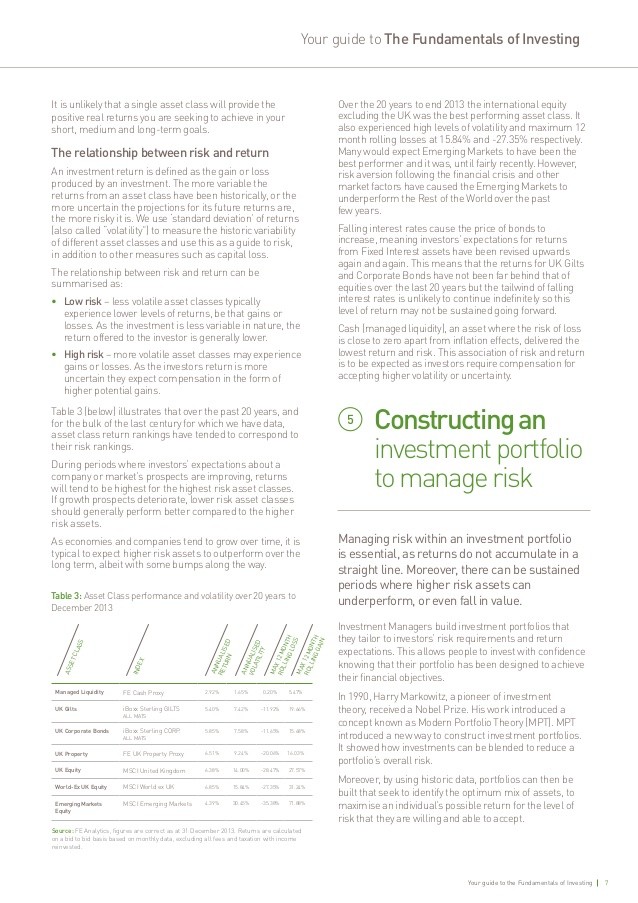International Investing_1
Post on: 4 Май, 2015 No Comment

Investment Strategist TM
International Investments: A Key Component to Any Portfolio June 2008
Increased globalization has resulted in widespread economic growth throughout the world. In today’s global economy, U.S. companies have expanded their reach to serve a growing international client base. At the same time, more and more of the products and services we use every day come from companies that are based overseas.
As foreign economies continue to expand, one way to potentially take part in their growth is through international investing. While diversification does not ensure against loss, diversification is key to any successful asset allocation plan, and investing in foreign stocks offers a great way for investors to round out a balanced portfolio. Foreign markets generally lack correlation with our own stock market, meaning that when one is down the other may be up. This can help counterbalance the impact of fluctuations in the value of U.S. stocks in your portfolio by spreading the risk.
Despite their many strengths, foreign stocks are lacking in many investors’ portfolios — either due to lack of knowledge about foreign markets or apprehension about the potential volatility involved. However, those who are willing to perform the research necessary to make informed investment decisions can potentially reap the rewards of taking on the risks of international investing.
The Risks of Foreign Investing
While international stocks offer potential rewards, they also present many different forms of risk, above and beyond those of domestic investments. These additional risks make it critical that you do your homework and have a full understanding of your own tolerance for risk before making foreign investments.
Currency Risk – International stocks are priced in the currencies of their home markets. As such, their value to U.S. investors is affected by the relative strength or weakness of the U.S. dollar. When the value of the U.S. dollar is weaker, the value of foreign assets owned by U.S. investors increases. A stronger U.S. dollar has an inverse effect, lessening the value of foreign assets owned by U.S. investors. Investors can potentially limit currency risk by holding their investments over a longer period of time, as changes in the value of the dollar tend to even out over time.
Country Risk – The financial markets in some countries are more volatile than others due to a variety of factors, such as political instability, financial policies, war, natural disasters, etc. The risk involved in investing in emerging markets (see below) tends to be greater than that of more established markets.

Liquidity Risk – The stock markets of developed countries such as the United States and Great Britain are among the most sophisticated in the world, allowing investors to make nearly instantaneous transactions and receive up-to-the-minute information. Not all financial markets, however, are this efficient. In developing markets, extra care and consideration must be taken to help ensure that transactions are processed in a timely manner.
Lack of Information – In the U.S. publicly held companies are required to disclose their financial performance and investors have access to a wide range of data for research purposes. Other countries are not as stringent, making it difficult to perform an analysis of a firm’s financial health.
V i s i o n • P l a n n i n g • Focus














